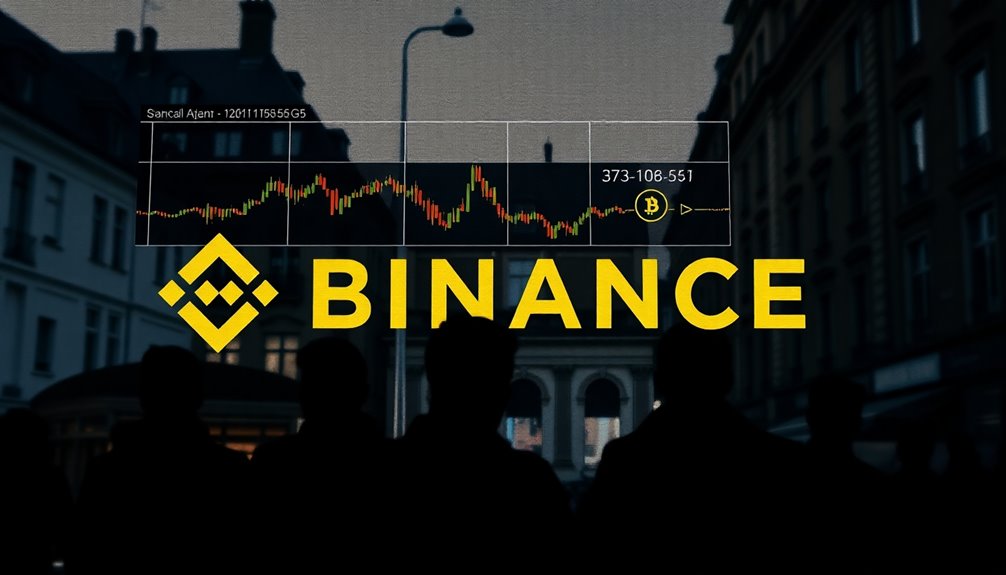As Binance prepares for the MiCA regulation's implementation, you're likely wondering how their decision to delist nine stablecoins will impact the market. With USDT and DAI among those being removed, the exchange is pushing for compliance and offering alternatives like USDC. This shift raises questions about the future of stablecoins in Europe and what it means for users. What could this mean for the broader crypto landscape?

As Europe prepares for the implementation of the Markets in Crypto-Assets (MiCA) regulation, Binance has announced it will delist several non-compliant stablecoins effective March 31, 2025. This move comes as part of the broader regulatory framework that aims to establish clear guidelines for stablecoins, which are cryptocurrencies pegged to traditional assets like the US dollar or euro.
Under MiCA, stablecoin issuers must obtain specific licenses, such as an Electronic Money Institution (EMI) license, to operate legally in the European market. MiCA law is set to take effect in June 2024, providing a clear timeline for issuers to comply with the new regulations.
Stablecoin issuers must secure licenses like the Electronic Money Institution (EMI) to operate legally in Europe under MiCA.
Binance's decision to delist stablecoins like USDT, DAI, FDUSD, TUSD, USDP, AEUR, UST, USTC, and PAXG reflects the stringent compliance requirements imposed by MiCA. While these non-compliant stablecoins will be removed, you're still able to access compliant options such as USDC and EURI.
If you currently hold any of the delisted stablecoins, you can use Binance Convert to sell them after the delisting date. Furthermore, Binance will continue to provide custody services for these assets, allowing for withdrawals and deposits even after they're no longer listed.
The MiCA regulation, set to take effect on June 30, 2024, won't offer transitional arrangements for non-compliant stablecoins, adding urgency to how users and issuers adapt. Regulatory pressure has been mounting on Binance, prompting changes in its operations across various European jurisdictions.
This heightened scrutiny may affect crypto adoption in Europe, as strict caps on stablecoin transactions could dampen user engagement.
Despite the challenges, Binance has expressed support for the clarity that MiCA brings to the regulatory landscape. The company is actively working with partners to launch compliant stablecoins, including euro-backed options.
Initially, there were plans to delist all stablecoins by June 2024, but these were revised. CEO Changpeng Zhao has emphasized that Binance is committed to achieving compliance with MiCA regulations while navigating the changing market environment.
As the delisting approaches, you might want to consider your options. Transitioning to compliant stablecoins or converting to fiat currencies like the euro could be wise moves.
Binance Convert will facilitate these transactions, helping you manage your assets effectively in this new regulatory framework. The changes ahead could reshape the European crypto market, and staying informed will be crucial for making the best decisions for your investments.







